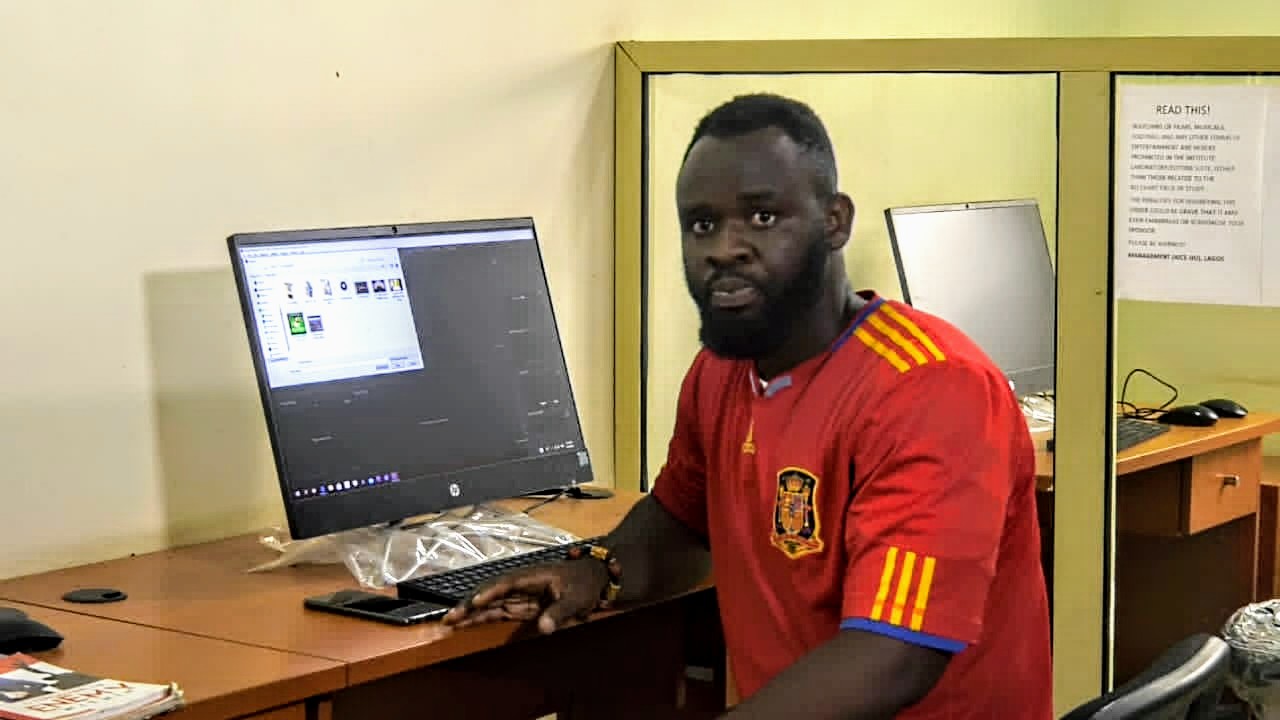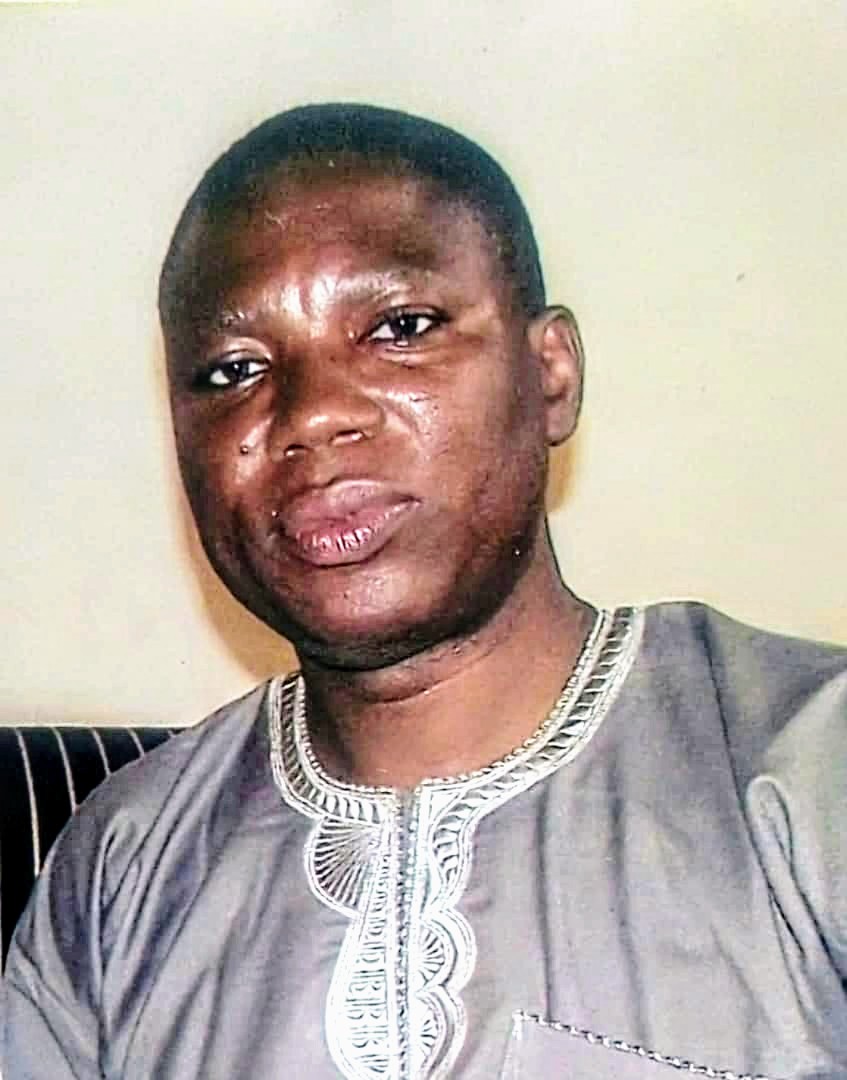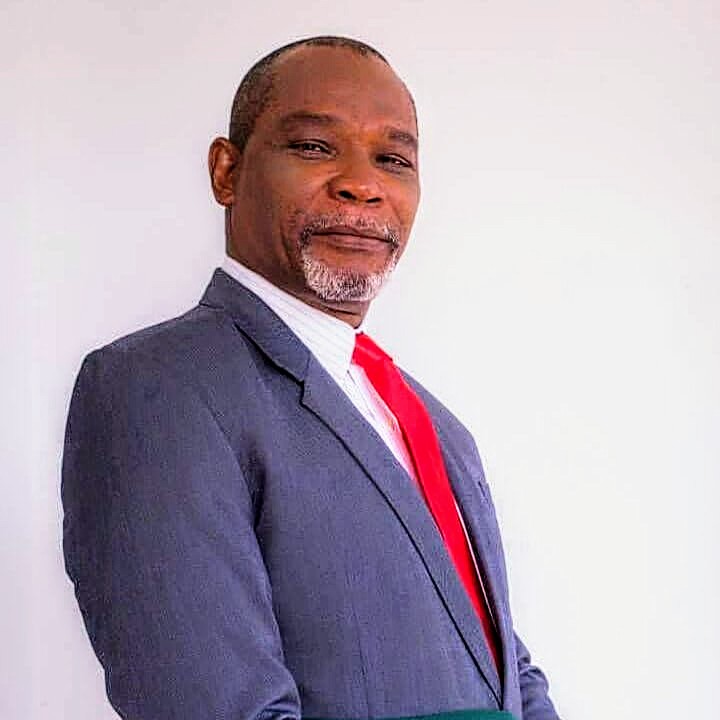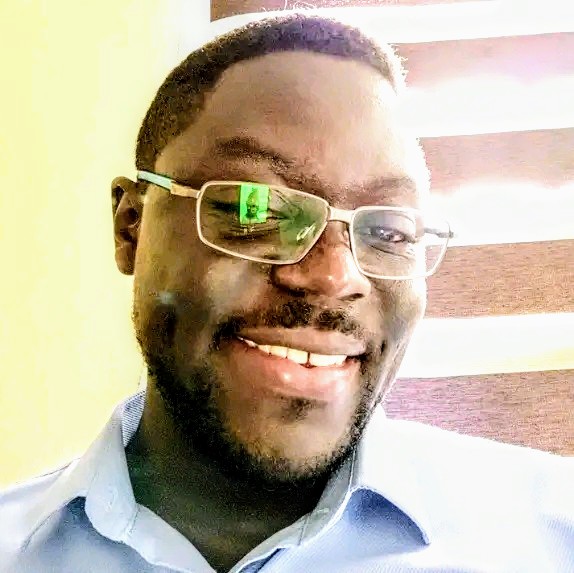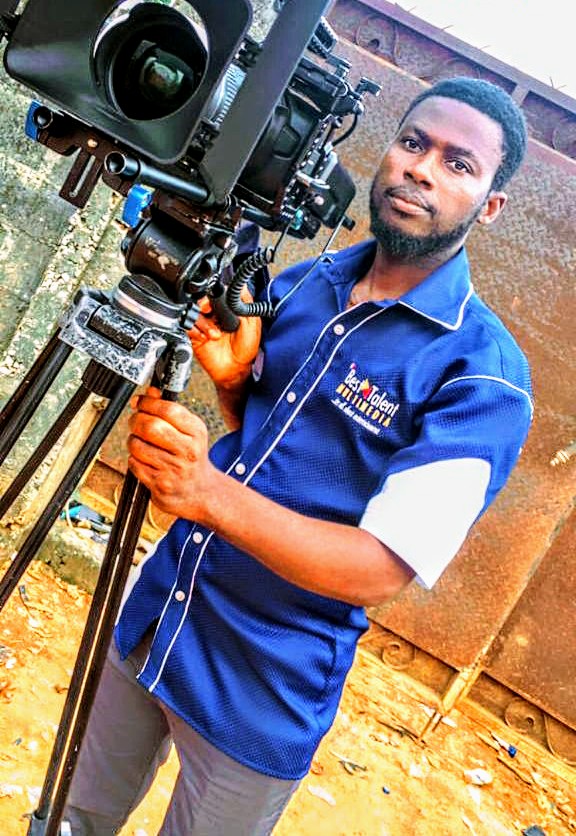Society of Professional Journalists
PREAMBLE
Members of the Society of Professional Journalists believe that public enlightenment is the forerunner of justice and the foundation of democracy. Ethical journalism strives to ensure the free exchange of information that is accurate, fair and thorough. An ethical journalist acts with integrity.
The Society declares these four principles as the foundation of ethical journalism and encourages their use in its practice by all people in all media
SEEK TRUTH AND REPORT IT
Ethical journalism should be accurate and fair. Journalists should be honest and courageous in gathering, reporting and interpreting information.
Journalists should:
Take responsibility for the accuracy of their work. Verify information before releasing it. Use original sources whenever possible.
Remember that neither speed nor format excuses inaccuracy.
Provide context. Take special care not to misrepresent or oversimplifyin promoting, previewing or summarizing a story.
Gather, update and correct information throughout the life of a news story.
Be cautious when making promises, but keep the promises they make.
Identify sources clearly. The public is entitled to as much information as possible to judge the reliability and motivations of sources.
Consider sources' motives before promising anonymity. Reserve anonymity for sources who may face danger, retribution or other harm, and have information that cannot be obtained elsewhere.Exlain why anonymity was granted.
Diligently seek subjects of news coverage to allow them to respond to criticism or allegations of wrongdoing.
Avoid undercover or other surreptitious methods of gathering information unless traditional, open methods will not yield information vital to the public.
Be vigilant and courageous about holding those with power accountable.Give voice to the voiceless.
Support the open and civil exchange of views, even views they find repugnant.
Recognize a special obligation to serve as watchdogs over public affairs and government. Seek to ensure that the public's business is conducted in the open,and that public recors are open to all.
Provide access to source material when it is relevant and appropriate.
Boldly tell the story of the diversity and magnitude of the human experience. Seek sources whose voices we seldom hear.
Avoid stereotyping.Journalists should examine the ways their values and experiences may shape their reporting.
Label advocacy and commentary.
Never deliberately distort facts or context, including visual information.Clearly label illustrations and re-enactments.
Never plagiarize. Always attribute.
REVISED SEPTEMBER 2014
MINIMIZE HARM
Ethical journalism treats sources, subjects, colleagues and members of the public as human beings deserving of respect.
Journalists should:
Balance the public's need for information against potential harm or discomfort.Pursuit of the news is not a license for arrogance or undue intrusiveness.
Show compassion for those who may be affected by news coverage. Use height-ened sensitivity when dealing with juveniles, victims of sex crimes,and sources or subjects who are inexperienced or unable to give consent. Consider cultural differences in approach and treatment.
Recognize that legal access to information differs froman ethical justification to publish or broadcast.
Realize that private people have a greater right to control information about themselves than public figures and others who seek power, influence or attention.Weigh the consequences of publishing or broadcasting personal information.
Avoid pandering to lurid curiosity, even if others do.
Balance a suspect's right to a fair trial with the public's right to know. Consider the implications of identifying criminal suspects before they face legal charges.
Consider the long-term implications of the extended reach and permanence of publication.Provide updated and more complete information as appropriate.
ACT INDEPENDENTLY
The highest and primary obligation of ethical journalism is to serve the public.
Journalists should:
Avoid conflicts of interest, real or perceived. Disclose unavoidable conflicts.
Refuse gifts,favors, fees, free travel and special treatment, and avoid political and other outside activities that may compromise integrity or impartiality, or may damage credibility.
Be wary of sources offering information for favors or money; do not pay for access to news. Identify content provided by outside sources, whether paid or not.
Deny favored treatment to advertisers, donors or any other special interests, and resist internal and external pressure to influence coverage.
Distinguish news from advertising and shun hybrids that blur the lines between the two.Prominently label sponsored content.
BE ACCOUNTABLE AND TRANSPARENT
Ethical journalism means taking responsibility for one's work and explaining one's decisions to the public.
Journalists should:
Explain ethical choices and processes to audiences. Encourage a civil dialogue with the public about journalistic practices, coverage and news content.
Respond quickly to questions about accuracy, clarity and fairness.
Acknowledge mistakes and correct them promptly and prominently. Explain corrections and clarifications carefully and clearly.
Expose unethical conduct in journalism, including within their organizations.
Abide by the same high standards they expect of others.
The SPJ Code of Ethics is a statement of abiding principles supported by additional explanations and position papers (at spj.org) that address chang-ing journalistic practices. It is not a set of rules, rather a guide that encour-ages all who engage in journalism to take responsibility for the information they provide,regardless of medium. The code should be read as a whole;individual principles should not be taken out of context. It is not, nor can it be under the First Amendment, legally enforceable.
CONTACT THE SOCIETY
Society of Professional Journalists
Eugene S.Pulliam National Journalism Center
3909 N. Meridian St. ·Indianapolis, IN 46208-4011
317.927.8000·[email protected] (email)·spj.org(Web)
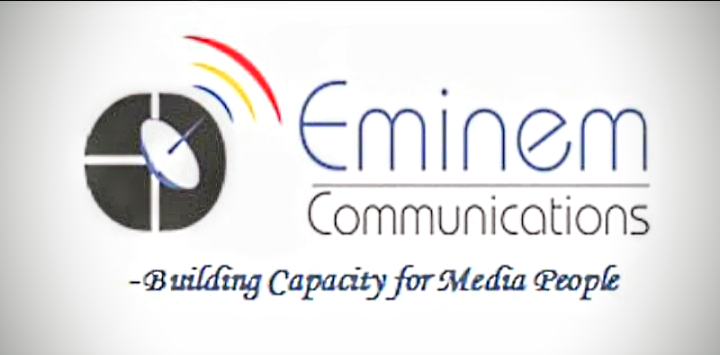
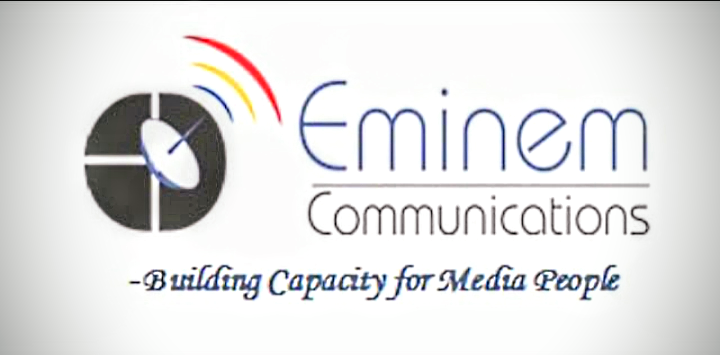


.png)
